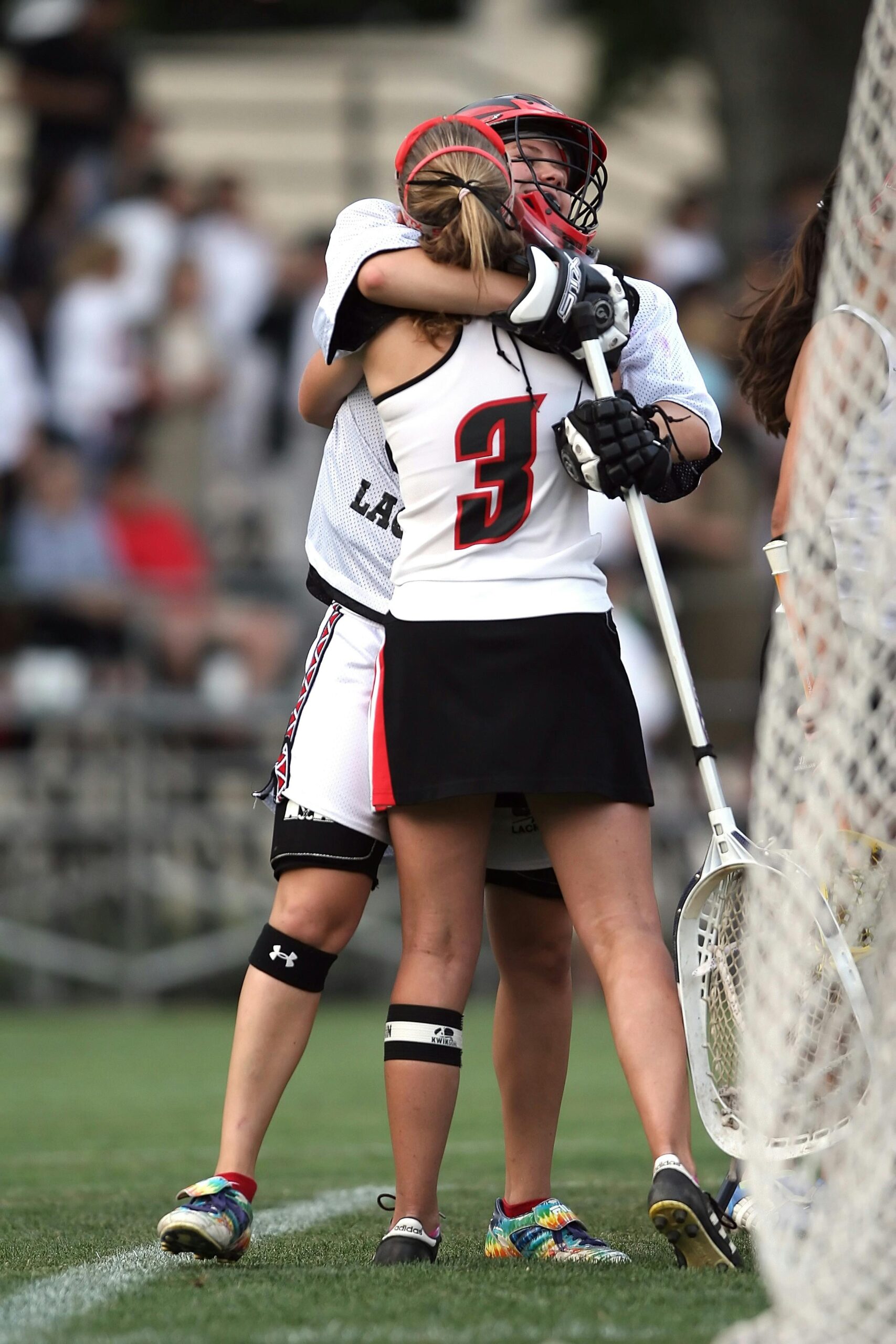Understanding the Importance
Creating a safe and positive sports environment ensures that athletes can enjoy their activities and develop both personally and athletically. A nurturing atmosphere allows participants to explore their potential without fear of judgment or injury, which is crucial for their overall development. This type of environment also emphasizes the value of teamwork, respect, and collaboration, which are essential life skills. Parents, coaches, and teammates all play a significant role in shaping this atmosphere by offering support and encouragement. When safety and positivity are prioritized, athletes are more likely to stay engaged, motivated, and committed to their sports journey.
Creating Inclusive Spaces
Inclusive spaces in sports are vital for encouraging diversity and acceptance. By promoting an environment where everyone feels welcome, we help athletes from different backgrounds and abilities to participate and excel. One of the benefits of inclusive sports is that participation can significantly enhance cognitive functions such as memory, attention, and executive control, which are often challenging for individuals with ADHD. To create these spaces, teams should implement strategies such as celebrating diverse achievements, offering varied communication methods, and ensuring facilities accommodate all athletes.
Establishing Clear Guidelines
Establishing clear guidelines is essential for creating a structured sports environment where athletes understand their roles and responsibilities. Well-defined rules help in setting expectations, ensuring that everyone knows what behavior is acceptable and what is not. This clarity can prevent misunderstandings and conflicts, promoting a harmonious team dynamic. Effective communication of these guidelines can be achieved through regular team meetings, where coaches and athletes discuss and review the rules together.
Written codes of conduct can serve as a handy reference for team members, outlining the standards for sportsmanship, attendance, and effort. Posting these guidelines in common areas, such as locker rooms or practice facilities, can also serve as a constant reminder. Additionally, open discussions encourage athletes to voice any concerns or questions they may have, fostering an environment of transparency and mutual respect.
Regularly updating these guidelines to reflect the evolving needs of the team is also important. This ensures that the rules remain relevant and can address any new challenges that arise. Involving athletes in the process of creating and updating guidelines can also increase their sense of ownership and commitment to adhering to them. By maintaining clear and consistent guidelines, the team can focus on achieving their goals while fostering a safe and positive sports environment.
Fostering Supportive Relationships
Supportive relationships between coaches and athletes build the foundation for trust and mutual respect. Coaches can develop these relationships by being approachable and actively listening to athletes’ concerns. Offering constructive feedback helps athletes understand their strengths and areas for improvement, fostering a culture of continuous growth. Celebrating achievements together, no matter how small, reinforces the bond within the team and boosts morale.
Encouraging open communication within the team is essential. When athletes feel comfortable expressing their thoughts and feelings, it creates an environment where everyone can thrive. Regular team-building activities can help in breaking down barriers and promoting unity. Activities such as group exercises, social events, and collaborative problem-solving tasks can enhance camaraderie and teamwork.
It’s also important for coaches to show genuine interest in athletes’ well-being, both on and off the field. Understanding their personal lives and challenges can help in providing the necessary support and encouragement. Mentoring athletes beyond their athletic performance helps in building a holistic relationship that contributes to their overall development.
Peers also play a crucial role in fostering supportive relationships. Encouraging teammates to support each other, offer praise, and assist in training can significantly improve team dynamics. Peer support groups or mentorship programs within the team can further strengthen these bonds, creating a cohesive and motivated team environment.
Addressing Conflicts and Issues
Conflicts and issues are a natural part of team dynamics, but managing them effectively is essential for maintaining a supportive environment. It’s important to approach conflicts with a mindset geared toward resolution rather than blame. Encouraging open dialogue can help team members express their feelings and concerns, which can lead to mutual understanding and cooperation.
Having a set protocol for addressing conflicts ensures that all issues are handled consistently and fairly. This might include initial one-on-one discussions, followed by mediation if necessary. Mediation can involve a neutral third party who facilitates a constructive conversation between the conflicting parties. This helps in ensuring that all voices are heard and that a fair resolution is reached.
Training sessions on conflict resolution skills can also be beneficial. These can cover techniques like active listening, empathy, and problem-solving strategies. Equipping athletes with these skills can enable them to handle minor conflicts independently, which in turn fosters a sense of responsibility and maturity.
Additionally, it’s vital to recognize underlying issues that may contribute to conflicts, such as stress, burnout, or external pressures. Addressing these root causes can often prevent conflicts from arising in the first place. Regular check-ins with athletes can help identify any potential issues early on, allowing for timely intervention. This proactive approach contributes to a more harmonious and positive sports environment.
Promoting Positive Reinforcement
Positive reinforcement is a powerful tool for motivating athletes. Coaches can use praise and rewards to encourage continued effort and improvement. Focusing on effort and progress rather than just results helps athletes develop a growth mindset, crucial for long-term success. Studies have demonstrated that physical activity during the school day can enhance attention, concentration, memory, and thinking processes, positively impacting academic performance. This principle applies to sports as well; recognizing athletes’ efforts fosters a positive and encouraging atmosphere. Small rewards, like verbal praise or team shout-outs, can significantly boost morale and motivation. It’s important to be specific in feedback, highlighting what the athlete did well and how it contributes to their overall development. By creating a culture where effort is acknowledged and celebrated, athletes are more likely to stay engaged and committed to their sports journey.

